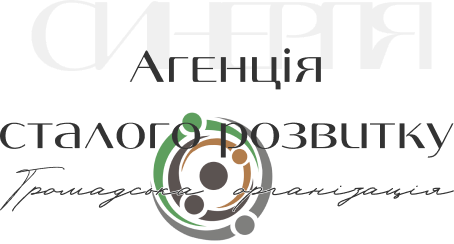Study visit to Germany as part of the Civil Society Energy 2022 project
Within the final component of the Civil Society Energy 2022 project, the most motivated and active participants of the online course "Designing PV stations using professional software" had the opportunity to visit Germany and get acquainted with successful cases of implementation of energy-efficient buildings and energy cooperatives of renewable energy.
The study visit began with the participation of the Ukrainian delegation in the annual civil society conference of the Eastern Partnership countries Dialogue for Future 2022, Berlin (Dialogue of the Future 2022: "Building a sustainable civil society and protecting democracy in the EU and Eastern Partnership countries"), where one of the main one of the issues of the conference was the formation of a vision of ways of rebuilding and post-war restoration of Ukraine.
Main message: Reconstruction, reconstruction and modernization of Ukraine in accordance with EU standards! Considerable attention was also paid to the issues of "green" reconstruction.
The participants got acquainted with the federal project Efficiency House Plus with Electromobility and the ecosystem of the Wunschnachbarn WEG cooperative (passive houses).
Within the final component of the Civil Society Energy 2022 project, the most motivated and active participants of the online course "Designing PV stations using professional software" had the opportunity to visit Germany and get acquainted with successful cases of implementation of energy-efficient buildings and energy cooperatives of renewable energy.
The study visit began with the participation of the Ukrainian delegation in the annual civil society conference of the Eastern Partnership countries Dialogue for Future 2022, Berlin (Dialogue of the Future 2022: "Building a sustainable civil society and protecting democracy in the EU and Eastern Partnership countries"), where one of the main one of the issues of the conference was the formation of a vision of ways of rebuilding and post-war restoration of Ukraine.
Main message: Reconstruction, reconstruction and modernization of Ukraine in accordance with EU standards! Considerable attention was also paid to the issues of "green" reconstruction.
To date, almost 40 jointly financed Efficiency House Plus residential development projects have proven their practicality. The experience and solutions obtained during the implementation of these pilot projects help in the further development and market introduction of energy-efficient standards in the field of residential construction.
During the study visit to Beaune, we paid special attention to the study of the best practices of energy cooperation from renewable sources.
During the study visit to the cities of Bonn and Cologne, the participants visited and got acquainted with the structure and features of the work of a number of energy cooperatives created on the initiative of civil society. They are very diverse in structure, business models and management style, but the most important component is the social component: education of the future generation - in the school cooperative, achievement of climate goals and energy independence goals in communal cooperatives, local development - in municipal cooperatives.
Participants had the opportunity to talk with a representative of the German state company NRW.Energy4Climate, which deals with climate protection and the energy transition of North Rhine-Westphalia. The company promotes the implementation of the energy transition and compliance with climate protection goals by focusing on four main emission sectors: energy, industry, construction and mobility, which together are responsible for more than 90% of greenhouse gas emissions in the region.
The next destination was the school cooperative Eco-E, the main contributors of which are the students of one of the classes of the school, in addition, the administrative responsibilities of the cooperative are distributed among the students. The cooperative manages a solar park in a mountainous area. This approach ensures the development of responsibility and the transfer of knowledge from the older generation to the younger.
One of the largest cooperatives visited by the participants was the Energiegevinner eG cooperative, which has more than 2,500 members and manages more than 100 energy cooperation projects. The founder and project financial manager of the cooperative shared the various business models they use for different types of energy projects.





